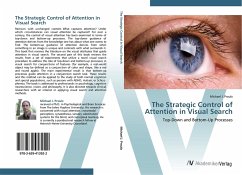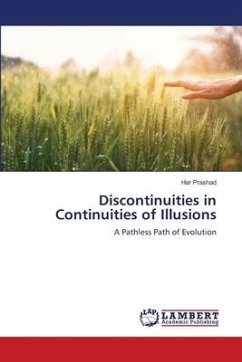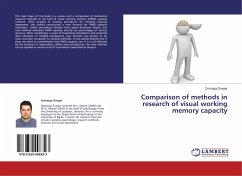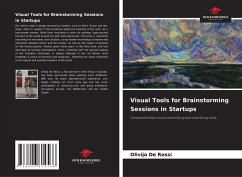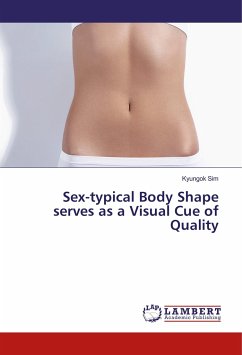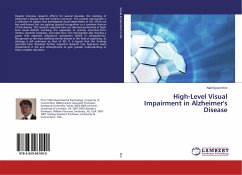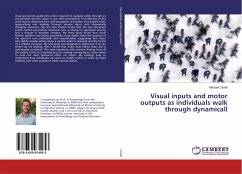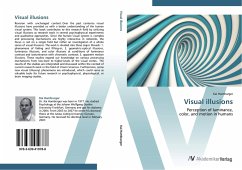
Visual illusions
Perception of luminance, color, and motion in humans
Versandfertig in 1-2 Wochen
28,99 €
inkl. MwSt.

PAYBACK Punkte
14 °P sammeln!
Revision with unchanged content. Over the past centuries visual illusions have provided us with a better understanding of the human visual system. This book contributes to this research field by utilizing visual illusions as research tools in several psychophysical experiments and qualitative approaches. Since the human visual system is complex and processing mechanisms are highly interactive in networks, the focus is not on a single field but rather an investigation of a whole series of visual illusions. The work is divided into three major threads: 1. phenomena of fading and filling-in; 2. g...
Revision with unchanged content. Over the past centuries visual illusions have provided us with a better understanding of the human visual system. This book contributes to this research field by utilizing visual illusions as research tools in several psychophysical experiments and qualitative approaches. Since the human visual system is complex and processing mechanisms are highly interactive in networks, the focus is not on a single field but rather an investigation of a whole series of visual illusions. The work is divided into three major threads: 1. phenomena of fading and filling-in; 2. geometric-optical illusions, luminance illusions, and color illusions at conditions of luminance contrast and isoluminance with chromatic contrast; 3. apparent motion illusions. These studies expand our knowledge on various processing mechanisms from low-level to higher-levels of the visual cortex.. The results of the studies are interpreted and discussed within the context of current research work in the field of Vision Sciences. Furthermore, some new visual (illusory) phenomena are introduced, which could serve as valuable tools for future research in psychophysical, physiological, or brain imaging studies.



